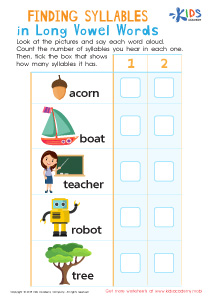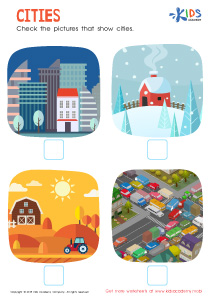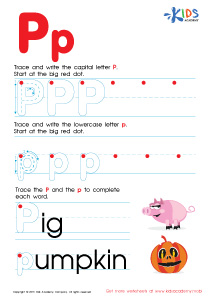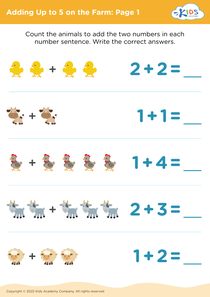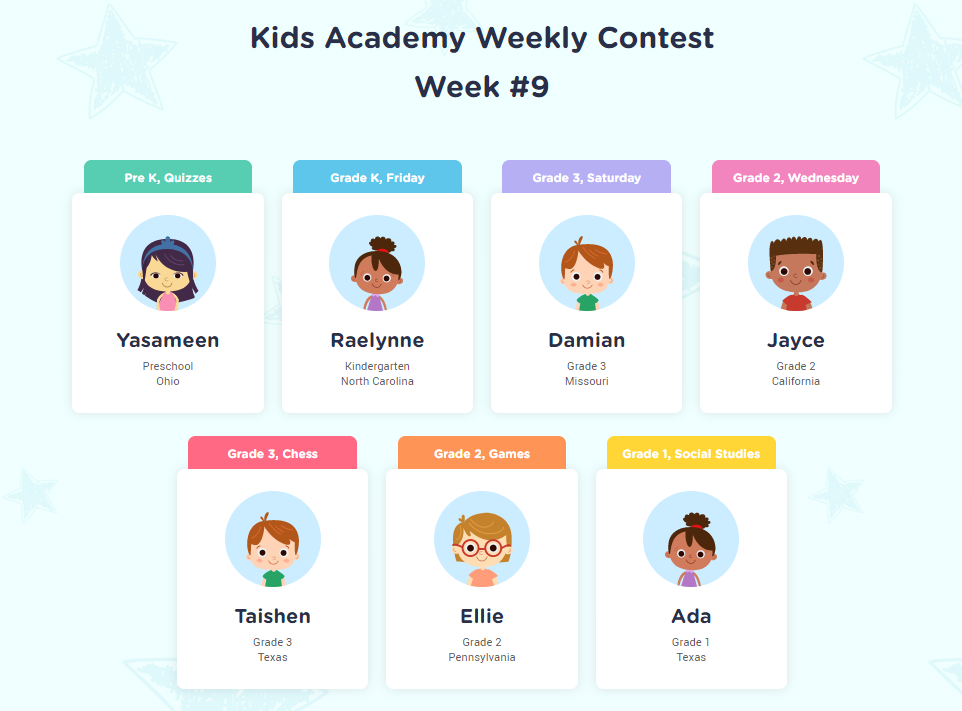Social Studies Quizzes for Ages 5-6
10 results
10 filtered results
Clear all filters10 filtered results
-
From - To
Embark on a thrilling journey of discovery with our interactive assessment quizzes designed specifically for children aged 5-6! Our Social Studies quizzes are crafted to captivate young minds, fostering a deep curiosity about the world around them. Each quiz checks knowledge in an engaging way, providing immediate feedback to encourage and guide learners. Watch as your child navigates through fascinating topics, building a strong foundation in Social Studies. Perfect for at-home learning or as a supplementary classroom tool, these quizzes are tailored to spark interest and promote understanding in young scholars. Dive into the adventure of learning today!
Interactive quizzes on Social Studies for Ages 5-6 are an innovative and engaging way for young learners to explore the world around them. At this tender age, children are naturally curious, eager to learn about different communities, cultures, and how they fit into the broader tapestry of society. Through the use of interactive quizzes, children can embark on a journey of discovery, learning complex concepts in a manner that is both fun and accessible.
The beauty of these quizzes lies in their ability to adapt to the unique learning pace and style of each child. Unlike traditional teaching methods, which often follow a one-size-fits-all approach, interactive quizzes offer instant feedback and adjust difficulty levels in real-time, ensuring that each child is challenged just enough to stay engaged without feeling overwhelmed. This personalization fosters a love for learning and encourages children to delve deeper into the subject matter.
For children aged 5-6, the foundation of their understanding of social studies is built upon recognizing simple yet crucial concepts such as family, community roles, national symbols, and basic geographic awareness. Interactive quizzes make these topics come alive through colorful visuals, engaging storylines, and interactive elements. For instance, a quiz themed around community helpers not only teaches children about different professions but also instills values of empathy and cooperation by showing how everyone contributes to society's well-being.
Moreover, these quizzes incorporate a variety of question types—such as multiple choice, true or false, and drag-and-drop activities—that cater to diverse learning preferences. Whether a child is a visual learner, enjoys hands-on activities, or learns best through auditory cues, interactive quizzes offer something for everyone. This variety helps to maintain high levels of engagement, ensuring that learning about social studies is never dull but always an adventure.
Another significant advantage of our Social Studies quizzes for Ages 5-6 is the emphasis on critical thinking and problem-solving skills. Even at a young age, children are encouraged to think about why things happen and how different elements within a community interact with each other. By engaging with quizzes that prompt them to solve problems or make predictions, children develop a deeper understanding of the subject matter and hone skills that are crucial for their future academic and personal growth.
In addition to cognitive benefits, interactive quizzes provide a safe, supportive environment where mistakes are viewed as opportunities for growth. Children learn that it's okay not to know the answer right away and that perseverance is key to overcoming challenges. This positive approach to learning fosters resilience and a growth mindset, qualities that will benefit them far beyond their early years of education.
In conclusion, interactive quizzes on Social Studies for Ages 5-6 are more than just educational tools; they are gateways to a world of exploration, discovery, and lifelong learning. By making social studies engaging, accessible, and fun, we are laying the groundwork for curious, compassionate, and well-informed citizens of tomorrow. As children navigate these quizzes, they’re not just answering questions—they’re building a foundation of knowledge and values that will guide them throughout their lives.

